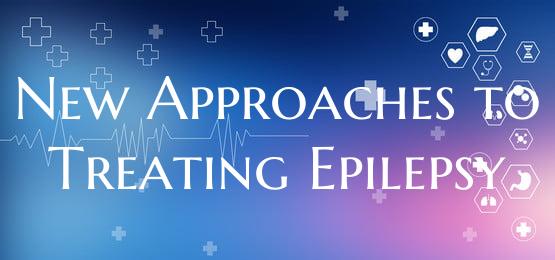
New Approaches to Treating Epilepsy
Epilepsy is a neurological disorder characterized by recurring seizures, which can have a significant impact on an individual's quality of life. Despite existing treatment options, a significant portion of those with epilepsy continue to experience seizures that are not fully controlled. However, advancements in medical research and technology have led to the development of new approaches that show promise in treating epilepsy more effectively.
One of the innovative treatments gaining traction in the management of epilepsy is the use of medical cannabis, specifically cannabidiol (CBD). CBD is a non-psychoactive compound derived from the cannabis plant and has shown therapeutic potential in reducing the frequency and severity of seizures in some forms of epilepsy, such as Lennox-Gastaut syndrome and Dravet syndrome. Clinical trials have demonstrated the efficacy of CBD in seizure control, leading to the approval of CBD-based medications by regulatory authorities in various countries.
Another emerging approach in epilepsy treatment is the use of responsive neurostimulation devices. These devices are implanted in the brain and detect abnormal electrical activity that precedes a seizure. When such activity is detected, the device delivers targeted electrical stimulation to disrupt the seizure before it fully manifests. Responsive neurostimulation has shown promising results in reducing seizure frequency and severity in patients with drug-resistant epilepsy who are not responsive to traditional anti-seizure medications.
Furthermore, advances in genetic testing have enabled personalized treatment strategies for individuals with epilepsy. By analyzing a patient's genetic profile, healthcare providers can identify specific genetic mutations or variations that may be influencing their susceptibility to seizures. This information can help guide treatment decisions, such as selecting the most appropriate anti-seizure medication or considering alternative therapies tailored to the individual's genetic background.
In addition to these novel approaches, ongoing research is exploring the potential of other therapies, such as gene therapy, stem cell transplantation, and novel drug formulations, in the treatment of epilepsy. These cutting-edge interventions aim to provide more effective and targeted solutions for individuals living with epilepsy, particularly those who have not responded well to conventional treatments.
In conclusion, the landscape of epilepsy treatment is continuously evolving with the introduction of new approaches that offer hope for improved outcomes and better quality of life for patients. By embracing innovation and leveraging the latest advancements in medical science, healthcare professionals are at the forefront of transforming the management of epilepsy and bringing new possibilities for individuals affected by this debilitating condition.